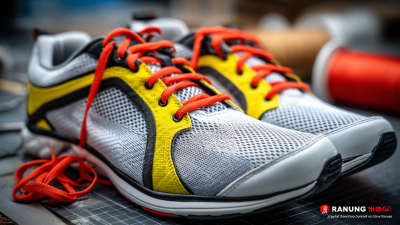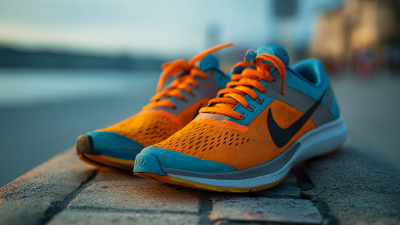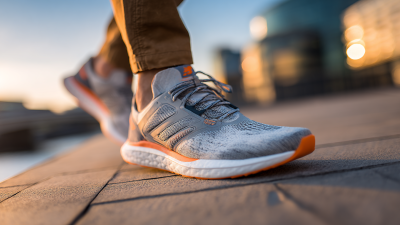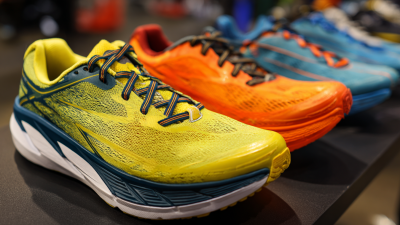
In today's fast-paced world, finding the perfect pair of Running Trainers is not just about aesthetics; it's about sourcing quality that enhances performance and comfort. With the growing demand for premium running footwear among athletes and enthusiasts alike, it is crucial to explore innovative solutions that cater to diverse preferences and needs across the globe. This blog will delve into effective strategies for sourcing top-tier running trainers, highlighting essential tips to navigate the complexities of the international market.
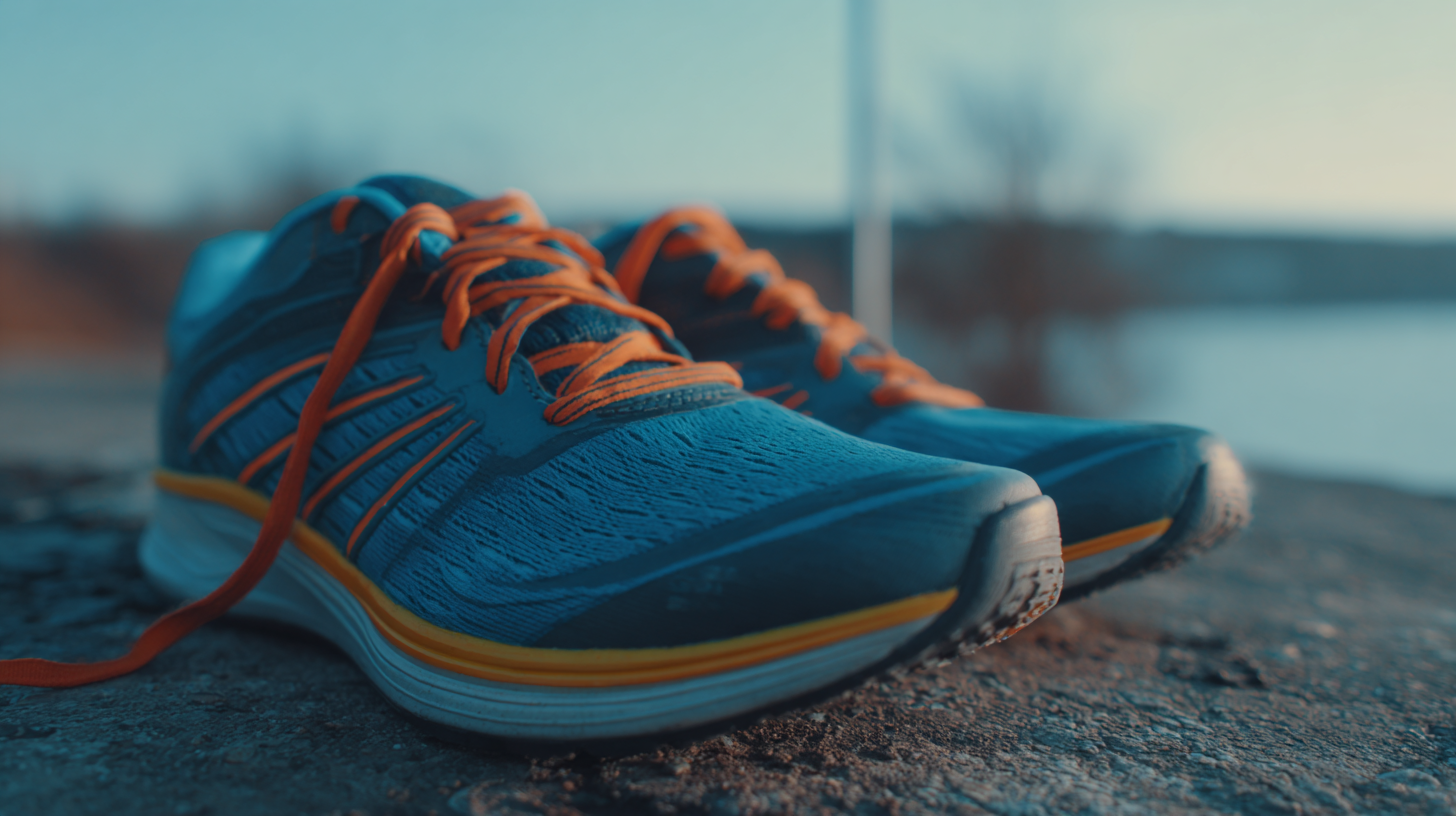
From understanding regional manufacturing trends to leveraging digital platforms, we will provide insights that empower both individuals and retailers in their quest for the ideal trainers. Whether you are a seasoned runner or a newcomer to the scene, equipping yourself with knowledge and resources will ensure that your journey towards finding the best running trainers is not only successful but also enjoyable.
Identifying key markets for sourcing premium running trainers is crucial for stakeholders in the athletic footwear industry. According to a report by Grand View Research, the global athletic footwear market is projected to reach $198 billion by 2026, with a notable increase in demand for specialized running trainers driven by the rising number of health-conscious consumers. Regions such as North America and Europe are leading the charge, attributed to higher disposable incomes and increasing participation in fitness activities. Furthermore, Asia-Pacific is emerging as a significant market due to urbanization and a growing interest in fitness.
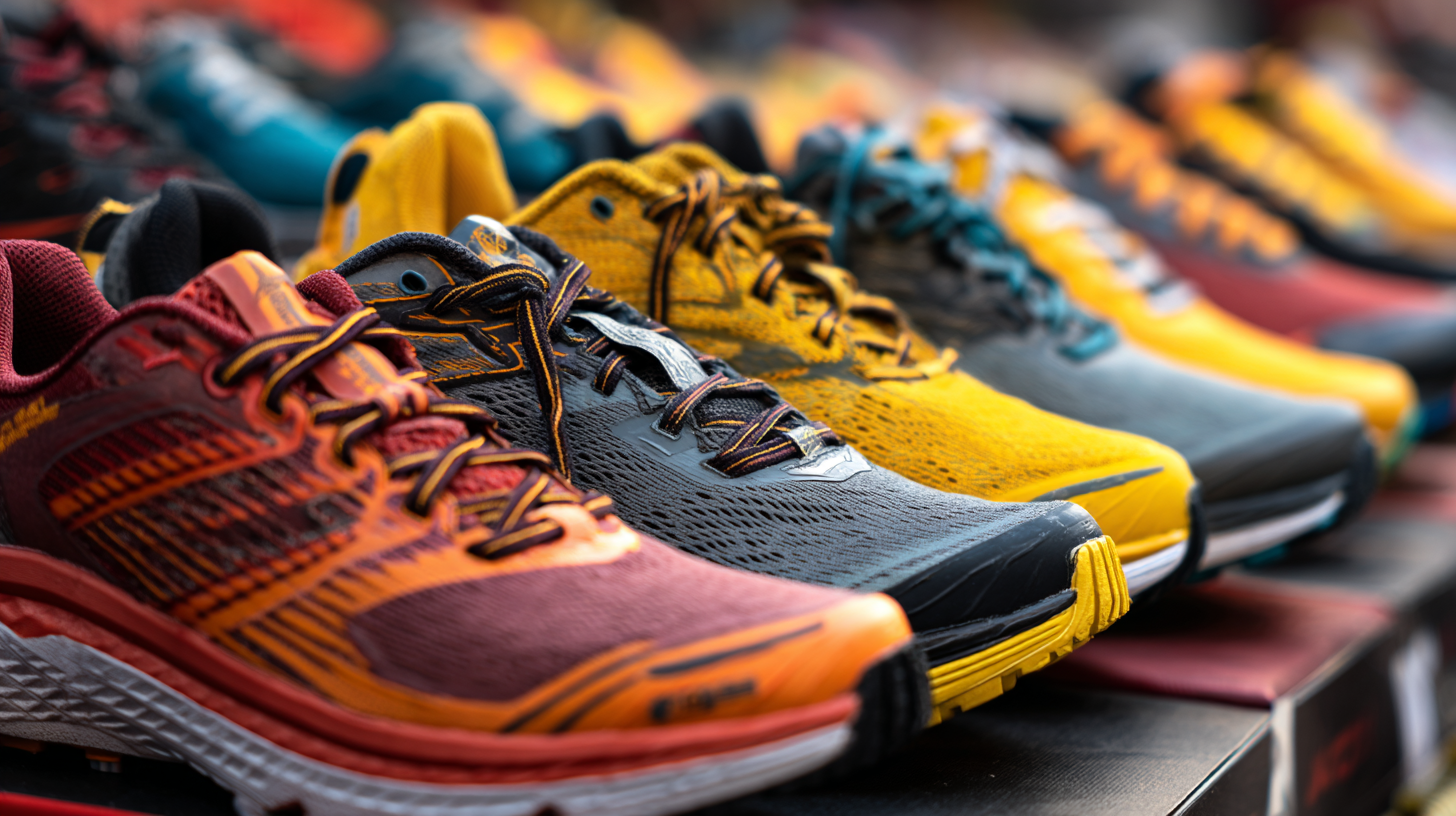
When sourcing premium running trainers, consider the following tips:
Additionally, keep an eye on emerging markets in Latin America and the Middle East, where rising fitness trends are coupled with a growing interest in international brands. Understanding local consumer preferences and cultural influences will be vital for successfully entering these markets.
In the current landscape of sourcing premium running trainers, ensuring the reliability and quality of suppliers is paramount. A recent report highlighted that 75% of leading fashion brands now prioritize supplier assessments based on quality standards and environmental responsibility. This shift underscores the necessity for brands to adopt a comprehensive supplier evaluation strategy to mitigate risks and enhance product integrity.
Supplier reliability can be further assessed through established frameworks, such as the three-step strategy for artificial intelligence data engineering proposed by industry experts. This methodology emphasizes a systematic upgrade across management, technology, and compliance, which can be effectively adapted to the fashion sourcing sector. By leveraging advanced supplier evaluation techniques, brands can not only ensure high-quality outputs but also align themselves with sustainable practices—critical for brand reputation in today’s eco-conscious market.
Furthermore, understanding the intricacies of the supply chain is essential. Research indicates that brands that maintain transparency about the sourcing of materials and processing locations can achieve a 30% increase in consumer trust. This reinforces the idea that evaluating supplier reliability is not just about quality control but also about fostering relationships built on transparency and accountability within the fashion supply chain.

As the demand for premium running trainers continues to rise, so does the importance of sustainable and ethical sourcing practices. Today’s consumers are increasingly aware of the environmental and social impact of their purchases. This awareness drives brands to adopt responsible sourcing strategies that prioritize eco-friendly materials and fair labor practices. By collaborating with suppliers who adhere to strict sustainability criteria, companies can ensure that their running trainers are made from high-quality materials such as recycled plastics or organic cotton, reducing their carbon footprint and promoting a healthier planet.
Moreover, ethical sourcing involves transparency throughout the supply chain. Brands that commit to fair labor practices not only improve the well-being of workers but also build trust with consumers. Engaging in practices such as fair wages, safe working conditions, and community development initiatives helps create a more equitable industry. By sharing stories about their sourcing journey, companies can connect with their audience, highlighting the positive impact their choices have on people and the planet.
As consumers seek products that align with their values, embracing sustainable and ethical sourcing will be crucial for brands aiming to succeed in the competitive market of premium running trainers.
In today’s fast-paced retail environment, leveraging technology for efficient sourcing processes is crucial for brands aiming to provide premium running trainers worldwide. Advanced analytics tools can aggregate and analyze vast amounts of data from various suppliers, enabling businesses to make informed decisions. By using algorithms to evaluate supplier performance, quality metrics, and delivery times, brands can pinpoint the best sourcing partners and optimize their supply chain, ensuring that they deliver high-quality products to the market quickly.
Moreover, automation in the procurement process can streamline operations and reduce human error. Technologies such as Artificial Intelligence (AI) and Machine Learning (ML) can forecast demand, manage inventory levels, and even enhance communication between stakeholders. By integrating these technological solutions, companies can minimize lead times and adapt to changing market trends more swiftly. Embracing these innovations not only improves sourcing efficiency but also enhances overall customer satisfaction by ensuring that premium running trainers are readily available wherever needed.
This chart illustrates the global sales of premium running trainers by region for the year 2023. The data demonstrates the leading regions in the sales, showcasing where the demand for premium products is highest.
Building strong relationships with manufacturers and distributors is crucial for sourcing premium running trainers on a global scale. According to a report by Grand View Research, the global athletic footwear market is expected to reach $100.61 billion by 2025, driven largely by increasing health consciousness among consumers and the growing popularity of running as a fitness activity. This escalating demand emphasizes the need for brands to establish solid connections with reliable manufacturers who not only produce high-quality products but also adhere to strict sustainability standards, which are becoming increasingly important to today's eco-conscious consumers.
Moreover, collaborating closely with distributors can streamline the supply chain, enhance efficiency, and ultimately lead to better market penetration. Research from Statista reveals that about 51% of running footwear sales occur through specialized sporting goods retailers, making these relationships even more critical. By fostering open communication and collaboration with both manufacturers and distributors, brands can ensure that they remain agile in response to market trends and consumer preferences, while simultaneously maintaining control over product quality and brand integrity. Leveraging these partnerships effectively can significantly increase a brand's competitiveness in the ever-evolving athletic footwear market.
| Manufacturer/Distributor Location | Type of Trainers | Minimum Order Quantity | Price Range (USD) | Lead Time (Days) | Certifications |
|---|---|---|---|---|---|
| Vietnam | Lightweight Running Shoes | 500 pairs | 50 - 80 | 30 | ISO 9001, CE |
| China | Trail Running Shoes | 300 pairs | 40 - 70 | 25 | BSCI, ISO 14001 |
| India | Cushioned Running Shoes | 600 pairs | 60 - 90 | 20 | SA8000, ISO 45001 |
| Indonesia | Road Running Shoes | 400 pairs | 55 - 75 | 40 | ISO 9001, GS |
| Portugal | Eco-friendly Running Shoes | 200 pairs | 80 - 120 | 35 | OEKO-TEX, ISO 14001 |


